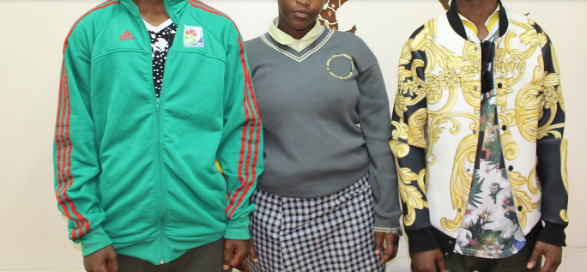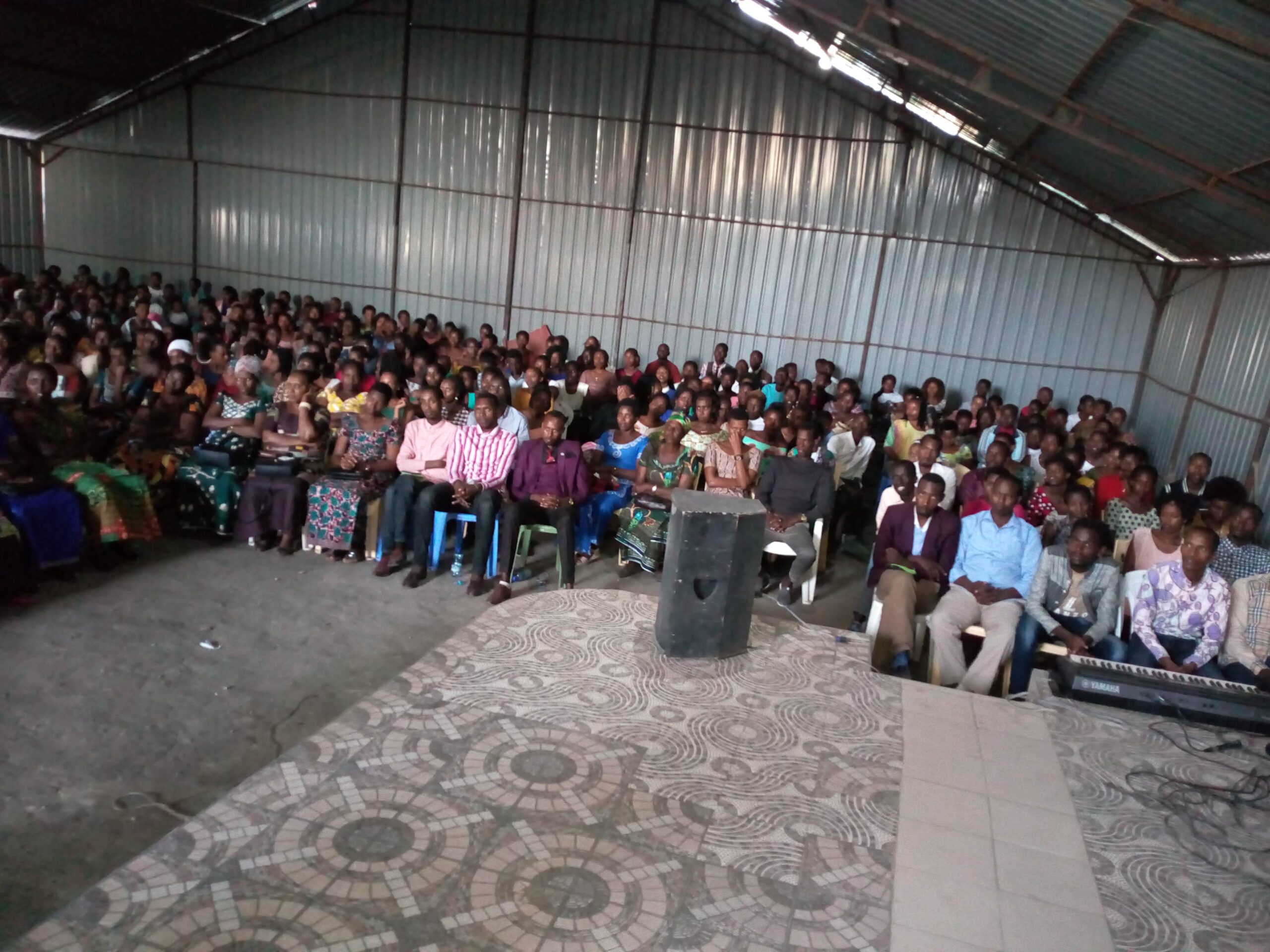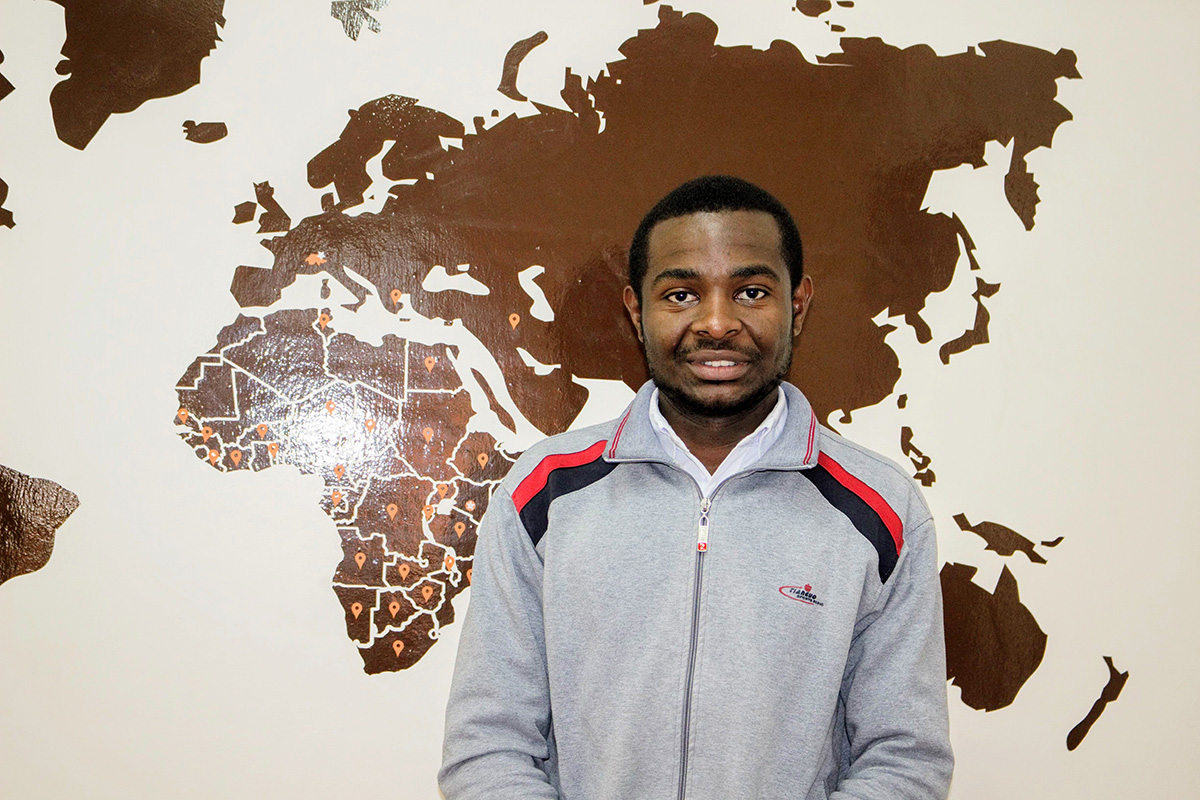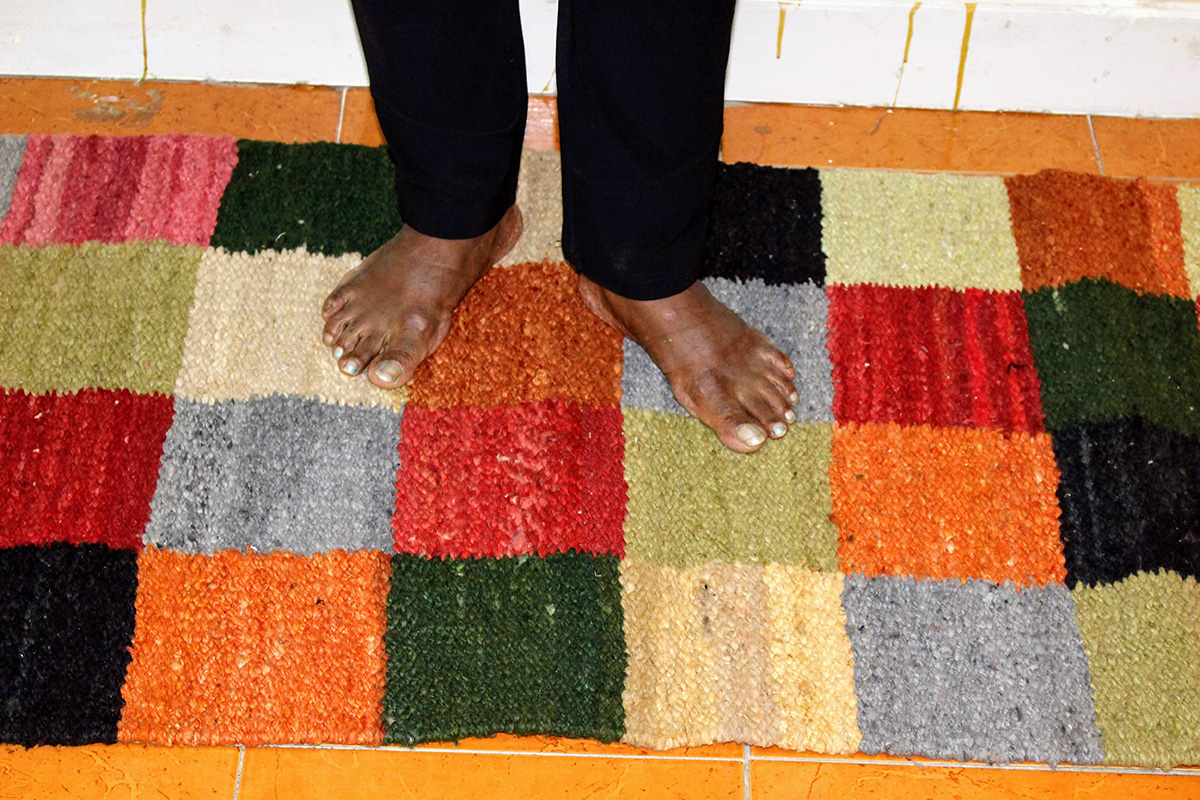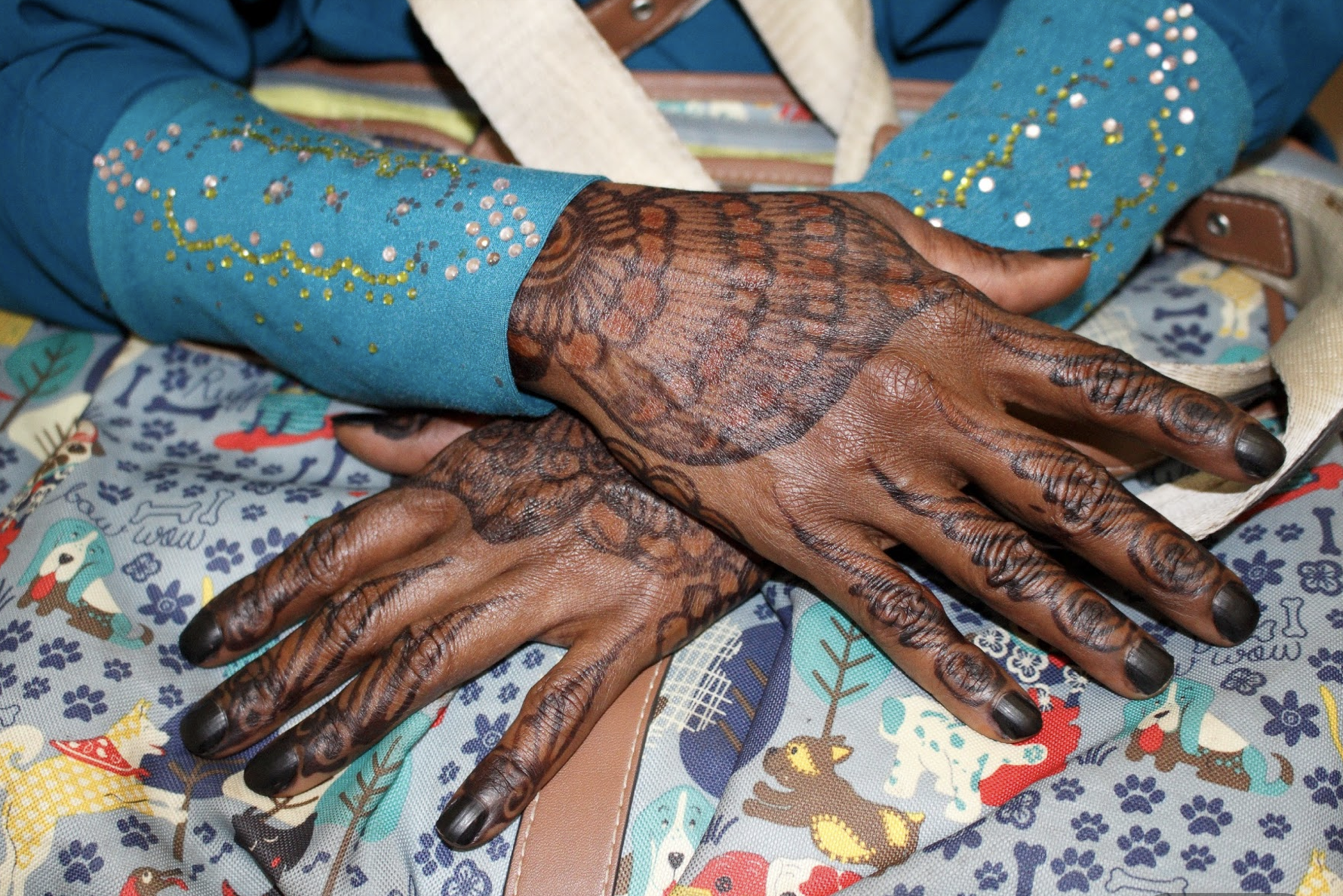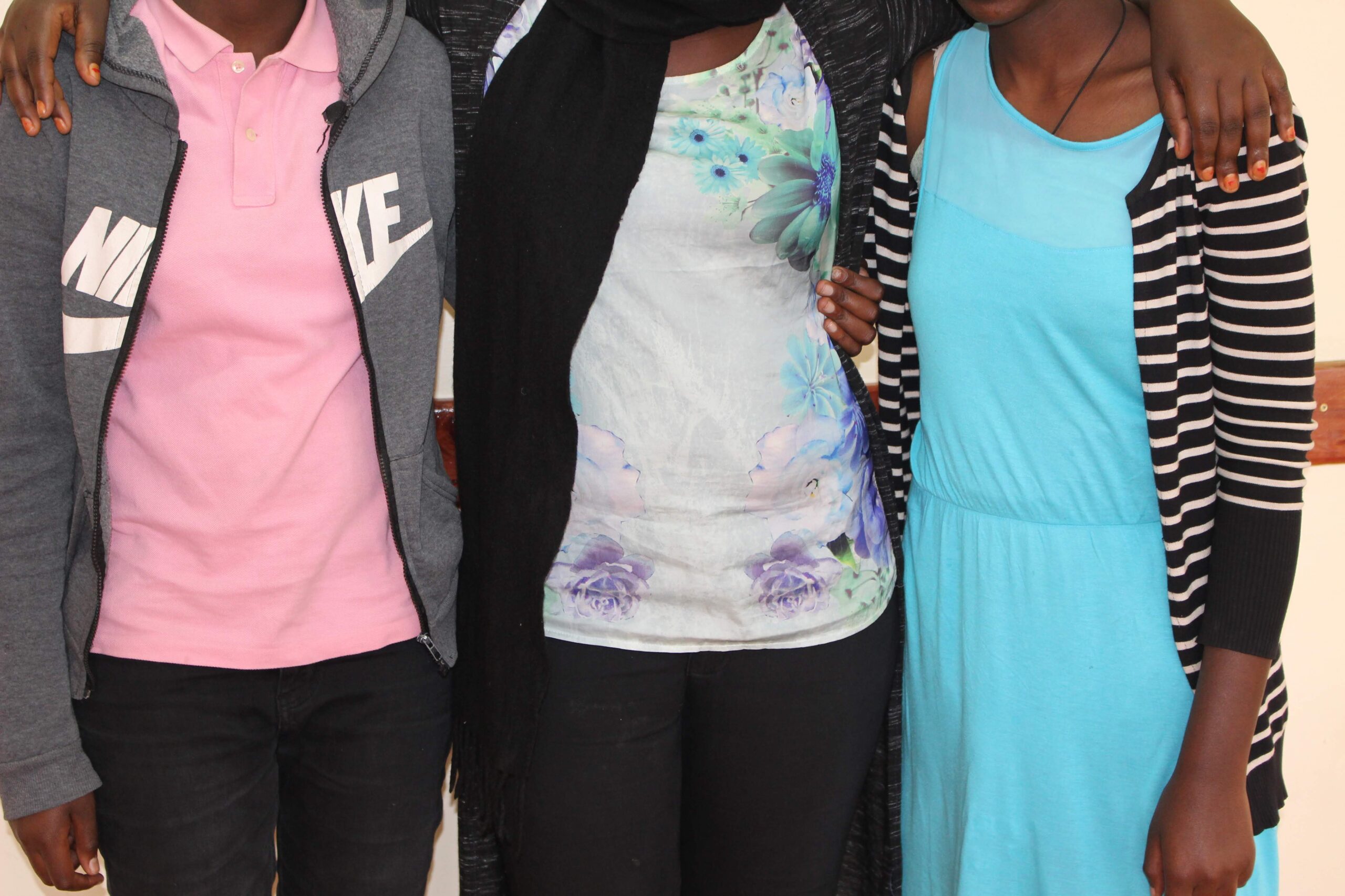Baati
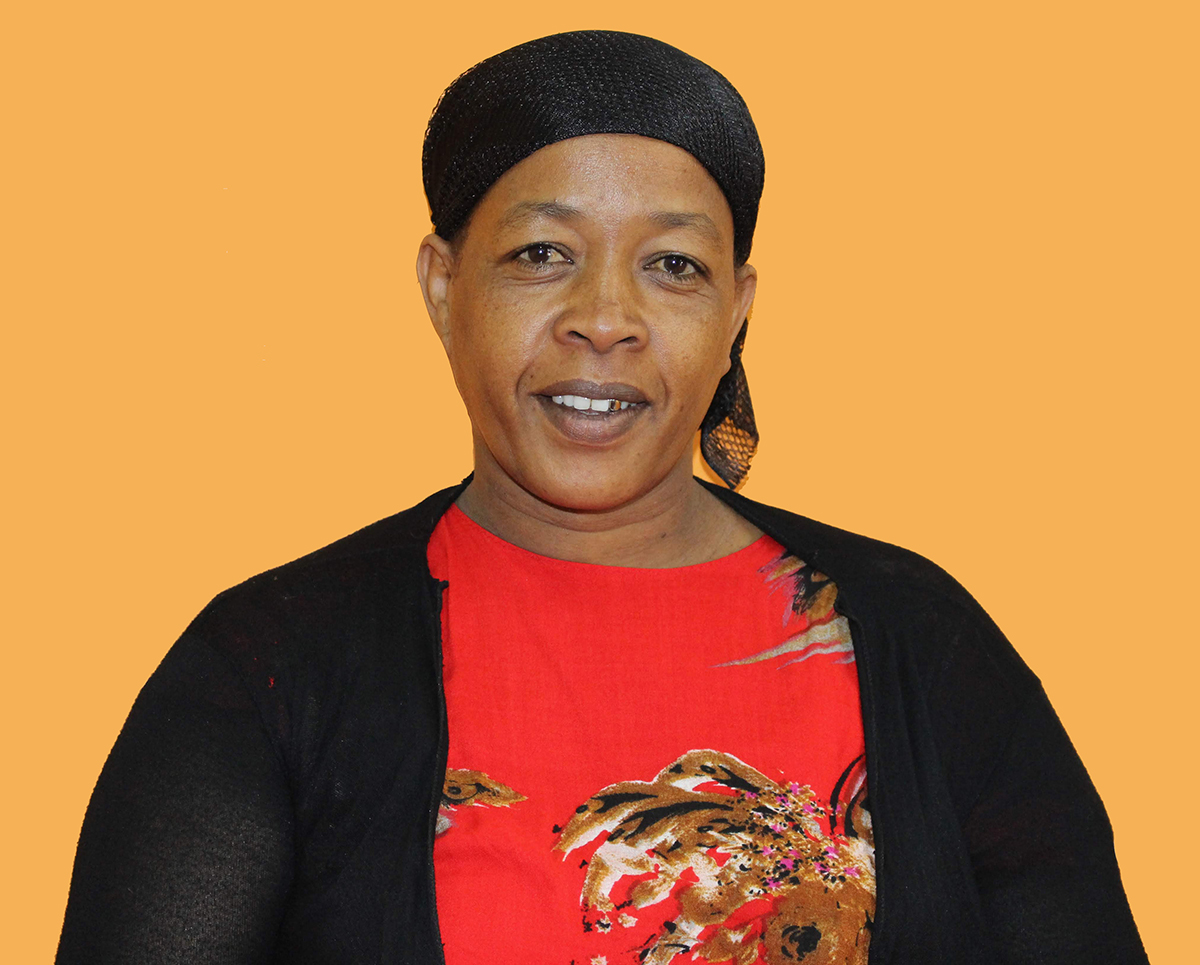
Baati is a single mother of three who fled from her home country with her children in 2005, after she and her husband were both arrested several times and tortured. Baati’s husband was a teacher and leader who was a very influential person in the community, and Baati worked as a businesswoman. Her husband’s whereabouts is still unknown.
In July 2018, Baati was identified for assistance. At the time, she was living in a small room with her daughter and two sons. She was struggling to pay school fees for her children, and she often requested community support.
Despite all of this, Baati maintained a very positive attitude about life and expressed the desire to start a business of her own that would allow her to support her family. In August 2018, Baati was identified as a beneficiary for livelihoods support, and after attending a business training, she was granted $200.
“I sell secondhand clothes, and RefugePoint taught me many skills about buying, selling, and pricing. They gave me a $200 grant and also taught me about profits and losses. Each day, I work from 6 am to 6 pm. From my savings, I have been able to pay for my children’s school fees. From my business profits, I have been able to buy a gas cooker, a T.V., and a bunk bed. My children and I used to eat only one meal a day and would go to sleep hungry. Now, we eat three times a day, and we have a bed to sleep in. I used to use a kerosene lamp in my house for light, but my livelihoods caseworker advised me on how to save, and now we have electricity in the house.
Before the RefugePoint business training, I didn’t know how to price my products properly. I used to make very little profit, but now I can price my products well and make a good profit.
The thing that draws people to my business is how I talk to my customers. I bargain well with them, and I can advise them on which clothes make them look good based on the colors and the design and their body types. It doesn’t matter that I’m a lady, that I’m a single mother, or that I’m a refugee. All that matters to my customers is that I have a good product and they want to buy it. I never thought in my life that I would be considered equal to other people. RefugePoint picked me up from a deep dark hole and gave me a sense of identity. RefugePoint is my family.”

Baati is a single mother of three who fled from her home country with her children in 2005, after she and her husband were both arrested several times and tortured. Baati’s husband was a teacher and leader who was a very influential person in the community, and Baati worked as a businesswoman. Her husband’s whereabouts is still unknown.
In July 2018, Baati was identified for assistance. At the time, she was living in a small room with her daughter and two sons. She was struggling to pay school fees for her children, and she often requested community support.
Despite all of this, Baati maintained a very positive attitude about life and expressed the desire to start a business of her own that would allow her to support her family. In August 2018, Baati was identified as a beneficiary for livelihoods support, and after attending a business training, she was granted $200.
“I sell secondhand clothes, and RefugePoint taught me many skills about buying, selling, and pricing. They gave me a $200 grant and also taught me about profits and losses. Each day, I work from 6 am to 6 pm. From my savings, I have been able to pay for my children’s school fees. From my business profits, I have been able to buy a gas cooker, a T.V., and a bunk bed. My children and I used to eat only one meal a day and would go to sleep hungry. Now, we eat three times a day, and we have a bed to sleep in. I used to use a kerosene lamp in my house for light, but my livelihoods caseworker advised me on how to save, and now we have electricity in the house.
Before the RefugePoint business training, I didn’t know how to price my products properly. I used to make very little profit, but now I can price my products well and make a good profit.
The thing that draws people to my business is how I talk to my customers. I bargain well with them, and I can advise them on which clothes make them look good based on the colors and the design and their body types. It doesn’t matter that I’m a lady, that I’m a single mother, or that I’m a refugee. All that matters to my customers is that I have a good product and they want to buy it. I never thought in my life that I would be considered equal to other people. RefugePoint picked me up from a deep dark hole and gave me a sense of identity. RefugePoint is my family.”

